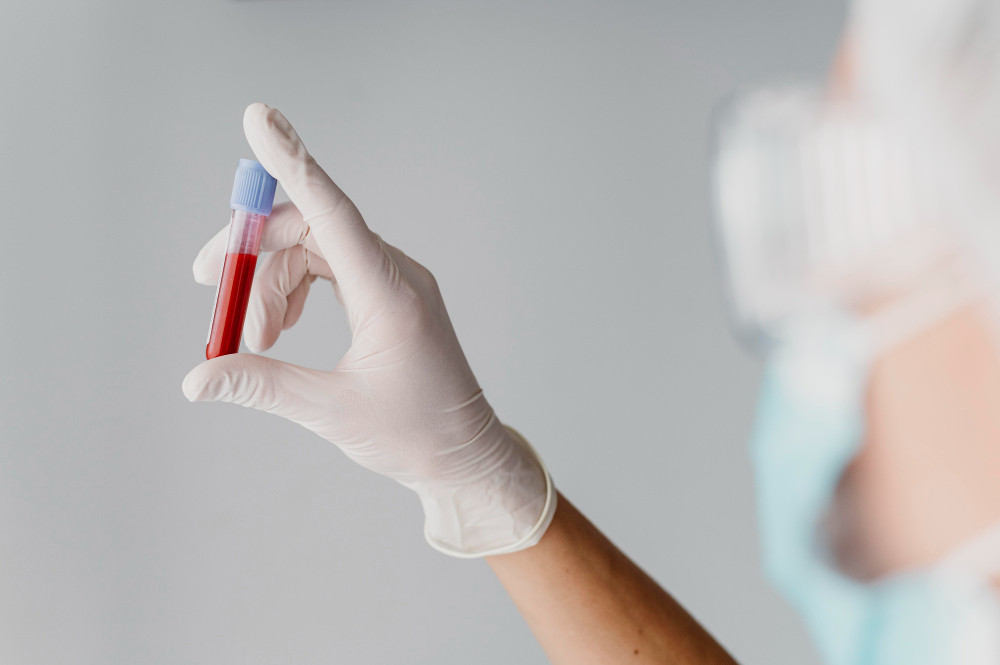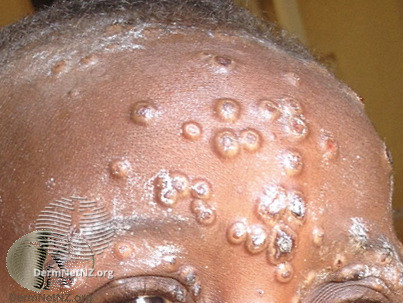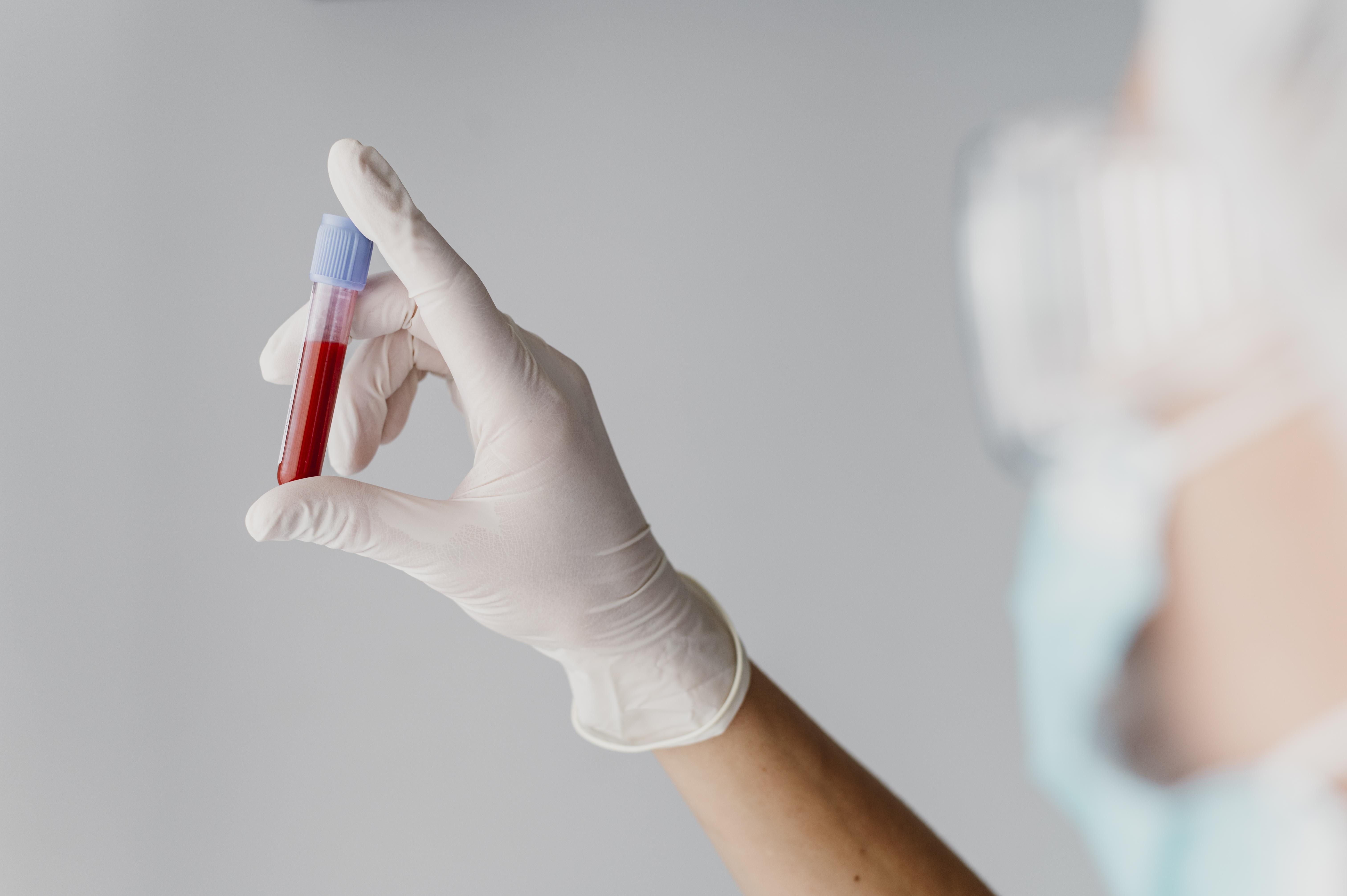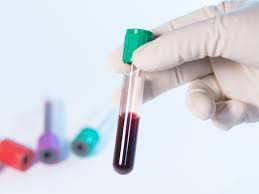Definition
Hepatitis B is an inflammatory liver disease brought on by HBV infection. Hepatitis B testing yields information regarding a present or previous infection with the hepatitis B virus.
The DNA virus known as hepatitis B virus (HBV) is endemic across the globe. Hepatitis B core antibodies (anti-HBc) are predominantly IgM antibodies and typically emerge soon after symptoms begin during the early stage of infection.
IgM anti-HBc test is used to determine acute hepatitis B infection. This antibody can be detected in patients' serum. Anti-HBc IgM increases rapidly in individuals with acute hepatitis B infection and is present for a few weeks to 6 months following acute HBV infection. During this phase of illness, patients may have increased levels of liver enzymes. During the convalescent phase, anti-HBc IgM remains present even after HBsAg (Hepatitis B surface antigen) has disappeared and gradually declines over time.
We also have an article on hepatitis B which you can read here: Hepatitis B - Definition, Risk Factors and Management.
Indications
The following are the testing indications for IgM anti-HBc:
- Distinguishing between acute and chronic hepatitis B infection or previous HBV infections when anti-hepatitis B core (anti-HBc) is positive
- Determining if the condition is an acute HBV infection based on symptoms lasting less than 6 months
- Aiding in differentiating acute hepatitis caused by HBV from concurrent infections by other potential agents such hepatitis A, hepatitis C, or delta virus
Contraindication
There are no individuals for whom it is advised against to check their IgM anti-HBc; everyone is eligible to undergo blood tests for monitoring IgM anti-HBc in their bodies.
Preparations Prior to Test
Prior to total IgM anti-HBc testing, no additional preparation is necessary. It is crucial for you to inform your doctor about all the medications you are currently taking, including both prescribed and non-prescribed medicines.
Test Procedures
IgM anti-HBc testing is commonly ordered by a physician and conducted in a hospital, laboratory, or other healthcare facilities. To undergo this test, a healthcare expert will obtain a blood sample.
In laboratory-based testing, your blood sample is taken from a vein in your arm by using a small needle. Following the insertion of the needle, a small amount of blood will be gathered into a vial or test tube. You may have a slight sensation of discomfort when the needle is inserted or removed. Typically, this process requires less than five minutes. Once your blood is obtained, the specimen is dispatched to a laboratory to be evaluated.
Normal And Abnormal Values
The reference value in this test is non-reactive or negative. A negative, non-reactive or normal test result indicates the absence of recent or acute hepatitis B infection. Meanwhile, a positive, reactive or abnormal test result may indicate that you currently have an acute or recent hepatitis B infection (<6 months).
Results and Suggestions (Follow-Up Tests)
To aid in diagnosis and disease staging, it is recommended to interpret the results alongside the patient's medical history and other hepatitis markers for identifying acute or chronic infection.
A negative IgM anti-HBc test result indicates the absence of a recent, acute infection and implies no recent exposure to the virus in the past 6 months. However, it does not definitively eliminate a chronic infection. An inconclusive result suggests the presence of a chemical or substance that is disrupting the patient's serum.
A positive result indicates the existence of a recent or acute infection with the hepatitis B virus within the last 6 months. IgM anti-HBc is often present when symptoms manifest and decreases to undetectable levels within 6-9 months. IgM anti-HBc may briefly appear in chronic hepatitis B patients when HBV start to be actively replicate. During this stage, HBV DNA levels may temporarily rise and then decrease because of the inhibition of viral replication. Follow-up testing after 6 months is necessary.
Positive test results should be compared with the presence of additional hepatitis B virus serologic markers, increased liver enzymes, clinical signs and symptoms, and a history of hepatitis B risk factors in order to establish a correlation.
Presented is a chart displaying the most common interpretation of the test results, but uncommon outcomes may arise. Kindly be aware that this chart does not serve as medical advice. Therefore, it is imperative that you consult your healthcare professional for a comprehensive explanation.
|
Type of Test |
Test Results |
Information |
|
HBsAG Total Anti-HBc IgM Anti-HBc Anti-HBs |
Positive Positive Positive Negative |
Acute infection |
|
HBsAG Total Anti-HBc IgM Anti-HBc Anti-HBs |
Positive Positive Negative Negative |
Chronic infection |
We also have an article on Total anti-HBc that you can read here: Total anti-HBc - Definition, Indication and Contraindication.
Consult to The Right Doctor
Hepatitis B testing serves various objectives. Deciphering the outcomes of these tests is intricate and frequently assessed in conjunction with other tests. Therefore, it is crucial to consult a physician or an internal medicine specialist to comprehend the test results on your condition.
Interested in knowing more information regarding laboratory, radiology, and other examination results? Click here!
- dr Hanifa Rahma
HBc IgM (Anti-Hepatitis B core IgM). Retrieved 08 September 2022, from https://publichealthlab.ca/reportingname/hbc-igm-anti-hepatitis-b-core-igm/
Interpretation of Hepatitis B Serologic. (2022). Retrieved 05 September 2022, from https://www.cdc.gov/hepatitis/hbv/pdfs/serologicchartv8.pdf
Understanding your Test Result. (2022). Retrieved 09 September 2022, from https://www.hepb.org/prevention-and-diagnosis/diagnosis/understanding-your-test-results/
Hepatitis B. (2020). Retrieved 05 September 2022, from https://www.webmd.com/hepatitis/digestive-diseases-hepatitis-b
Hepatitis B. (2022). Retrieved 05 September 2022, from https://www.healthline.com/health/hepatitis-b#fa-qs
Hepatitis B Testing. (2022). Retrieved 05 September 2022, from https://www.testing.com/tests/hepatitis-b-test/
Hepatitis Panel. (2022). Retrieved 05 September 2022, from https://medlineplus.gov/lab-tests/hepatitis-panel/
HBIM. Retrieved 08 September 2022, from https://www.mayocliniclabs.com/test-catalog/overview/9015












